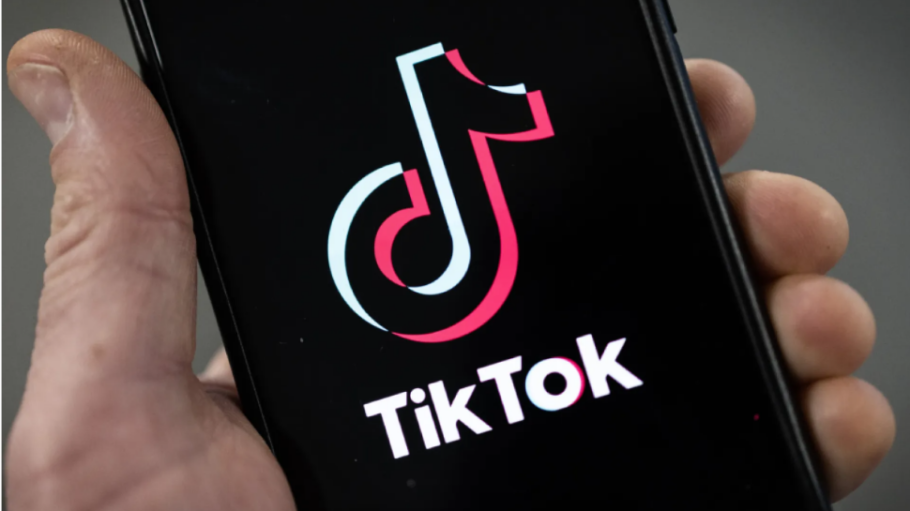The Supreme Court on Friday heard arguments in TikTok‘s emergency appeal seeking to block a federal law from going into effect that would ban the popular video app unless Chinese parent ByteDance sells its stake.
TikTok and ByteDance argued that the law, set to take effect Jan. 19, violates First Amendment rights of its 170 million U.S. users by categorically banning the platform unless ByteDance divests ownership. But while several Supreme Court justices acknowledged that the law raises free-speech issues, a majority of them — through their questions and comments during the hearing — indicated that the government’s national security concerns were the prevailing matter at hand.
“The law doesn’t say TikTok has to shut down,” Justice Amy Coney Barrett said during the hearing. “It says ByteDance has to divest” the company’s ownership stake in the app.
Chief Justice John Roberts expressed a similar perspective, saying, “Congress doesn’t care about what’s on TikTok. They don’t care about the expression, that’s shown by the remedy. They’re not saying TikTok has to stop. They’re saying China has to stop controlling TikTok.”
Noel Francisco, a lawyer representing TikTok and ByteDance, said during Friday’s hearing that TikTok in the U.S. “at least as I understand it” would “go dark,” if the law goes into effect. “Essentially, the platform shuts down,” Francisco said.
Supporters of the law — the Protecting Americans from Foreign Adversary Controlled Applications Act — have claimed it is not a ban because it offers ByteDance a choice: to divest TikTok’s U.S. business or be shut down. In addition, proponents of the law say, the U.S. government has longstanding rules about foreign ownership of companies across a variety of industries.
TikTok and ByteDance have argued that “in reality, there is no choice” presented by the U.S. divest-or-ban law. “The ‘qualified divestiture’ demanded by the Act to allow TikTok to continue operating in the United States is simply not possible: not commercially, not technologically, not legally,” they said in their lawsuit challenging the ban.
In oral arguments before the court Friday, U.S. solicitor general Elizabeth Prelogar, representing the government, said the divest-or-ban law does not run afoul of the First Amendment. “All of the same speech that’s happening on TikTok could happen post-divestiture,” Prelogar told the justices. “All the act is doing is trying to surgically remove the ability of foreign adversary nation to get our data and to be able to exercise control over the platform.”
Justice Neil Gorsuch asked Prelogar why the U.S. government wouldn’t also have concerns over a foreign company owning a U.S. news outlet, citing German media company Axel Springer’s ownership of Politico. Prelogar responded that that a newspaper is “not likely to be collecting sensitive information about 170 million-plus people and then having the capacity to send that back to a foreign adversary.”
The court is expected to issue a decision relatively quickly given the expedited schedule for the case — and given that the law is set to go into effect Jan. 19.
Meanwhile, President-elect Donald Trump has requested that the Supreme Court suspend the law from going into effect on Jan. 19 to allow his administration to pursue a “negotiated resolution that could prevent a nationwide shutdown of TikTok, thus preserving the First Amendment rights of tens of millions of Americans, while also addressing the government’s national security concerns.” During his first term, Trump unsuccessfully sought to force a TikTok sale to U.S.-based parties, also over national security fears. At a press conference last month, Trump, when asked about the TikTok ban, said, “I have a warm spot in my heart for TikTok” because of his belief that the app helped drive support for him from younger voters.
President Biden signed the TikTok divest-or-ban bill into law on April 24, 2024, after it passed in Congress with solid bipartisan support. U.S. lawmakers have expressed deep concern about TikTok’s Chinese ownership, suggesting that the Chinese communist regime could use the app to spy on Americans or use it to promulgate pro-China propaganda.
If the high court upholds the U.S. Court of Appeals for the D.C. Circuit’s Dec. 6 ruling siding with the U.S. government, the law will go into effect Sunday, Jan. 19. The law prohibits Apple and Google’s app stores, as well as web hosting services, from hosting or distributing TikTok in the U.S. unless ByteDance sells its ownership in the app to any party located in a country that is not designated a “foreign adversary” of the United States.
Beijing-based ByteDance has not indicated that it is exploring the sale of its approximately 40% stake in TikTok to an entity or investor group that would meet with U.S. approval. If ByteDance did try to sell the stake, such a move could be blocked by Chinese authorities, who have insisted that any such sale would represent a technology export.































